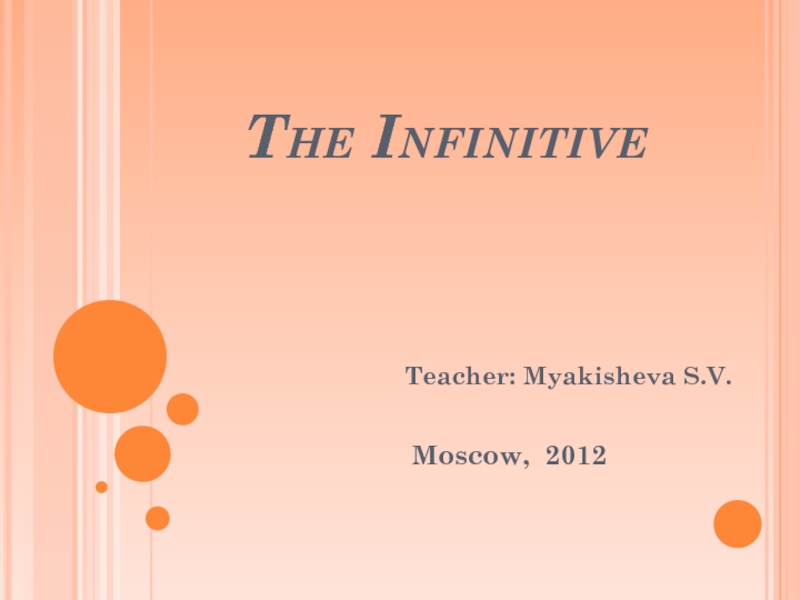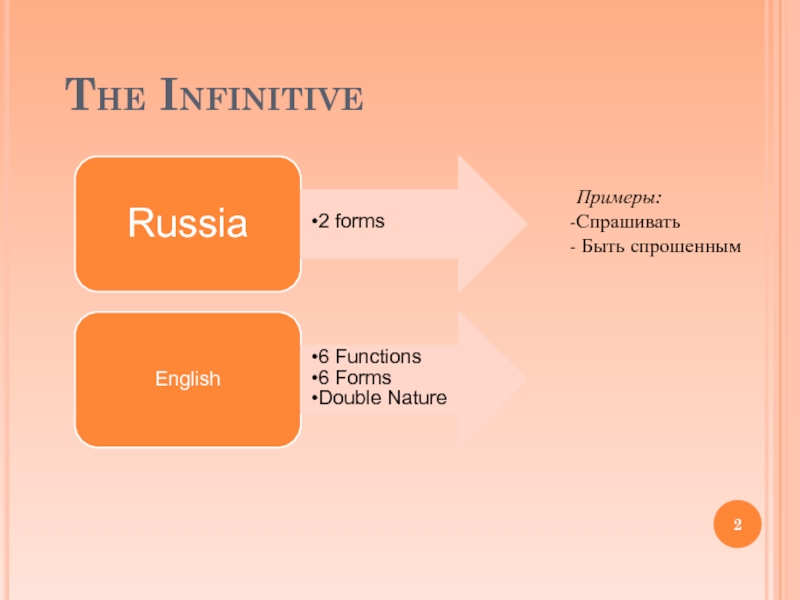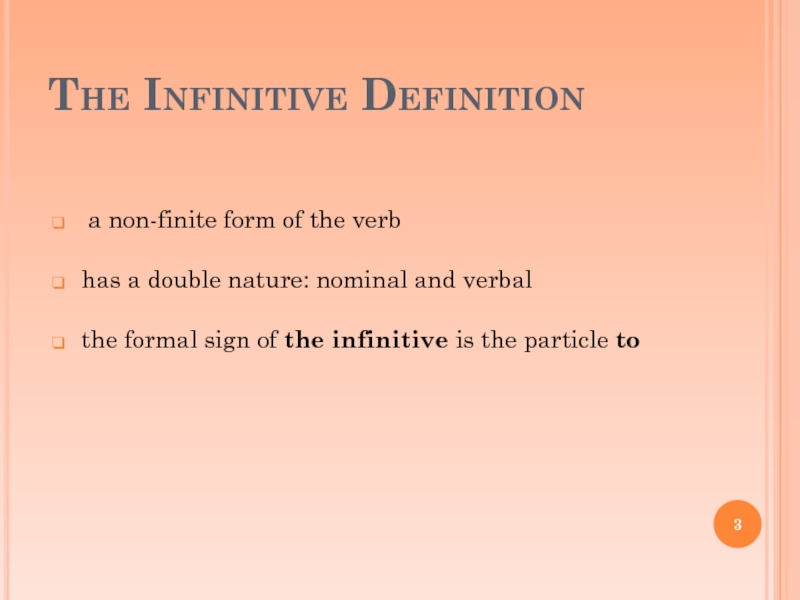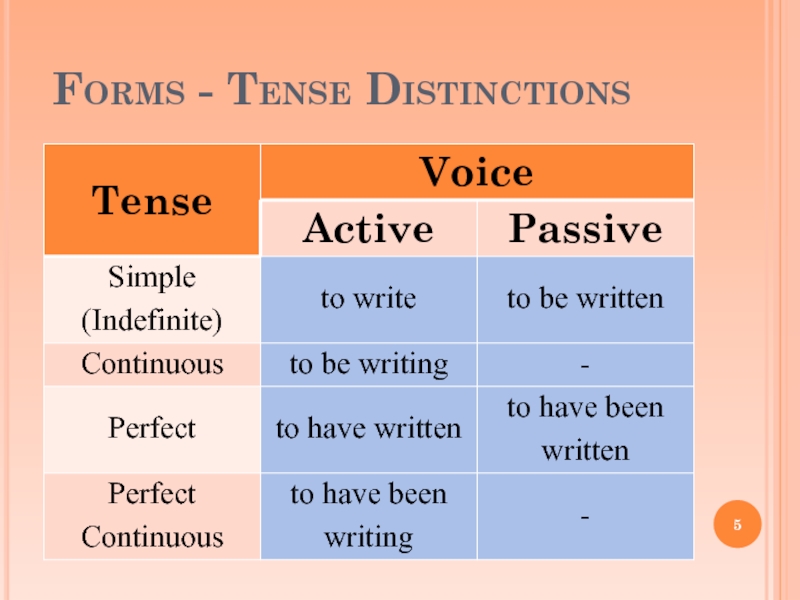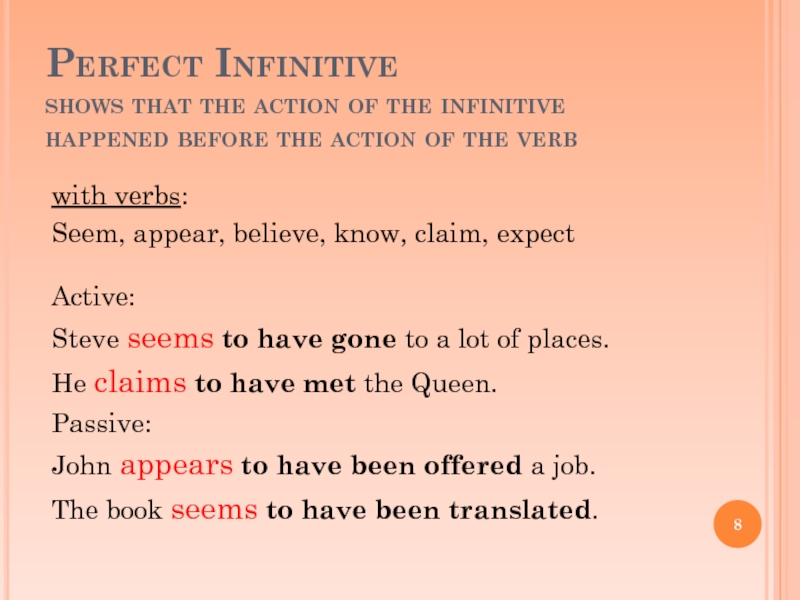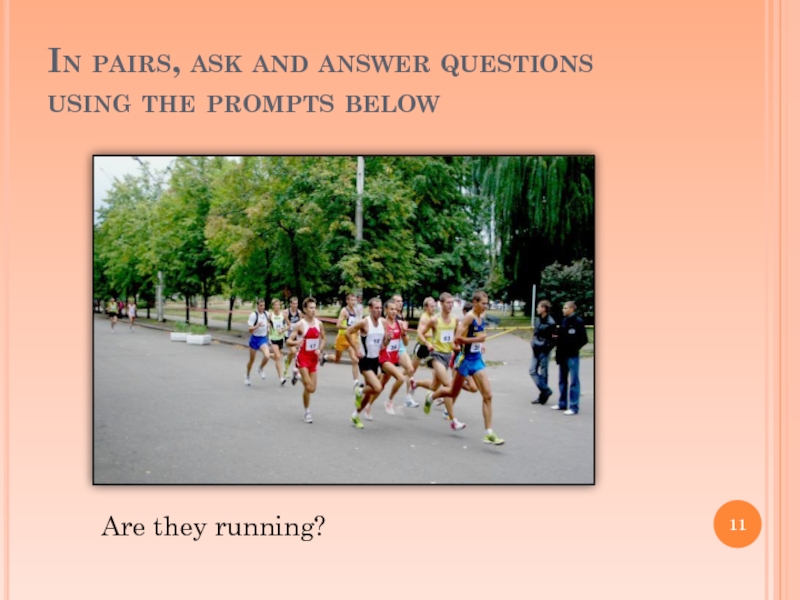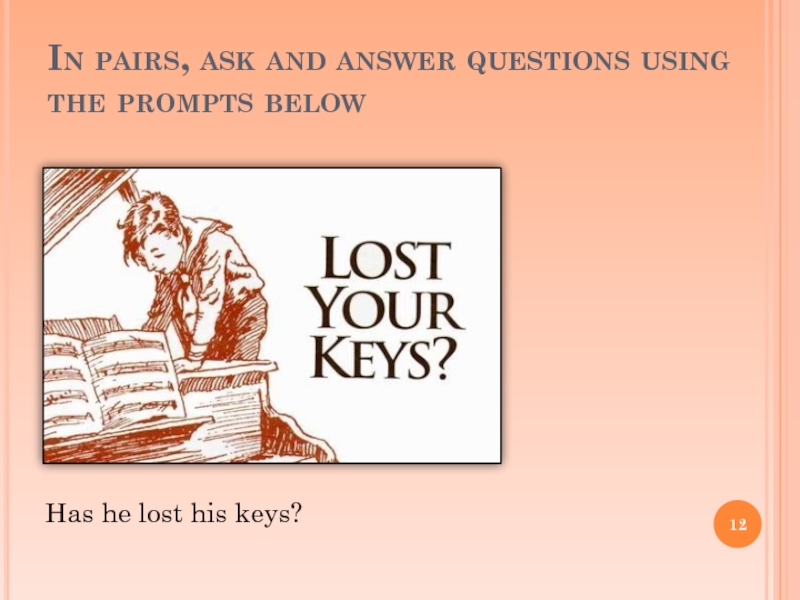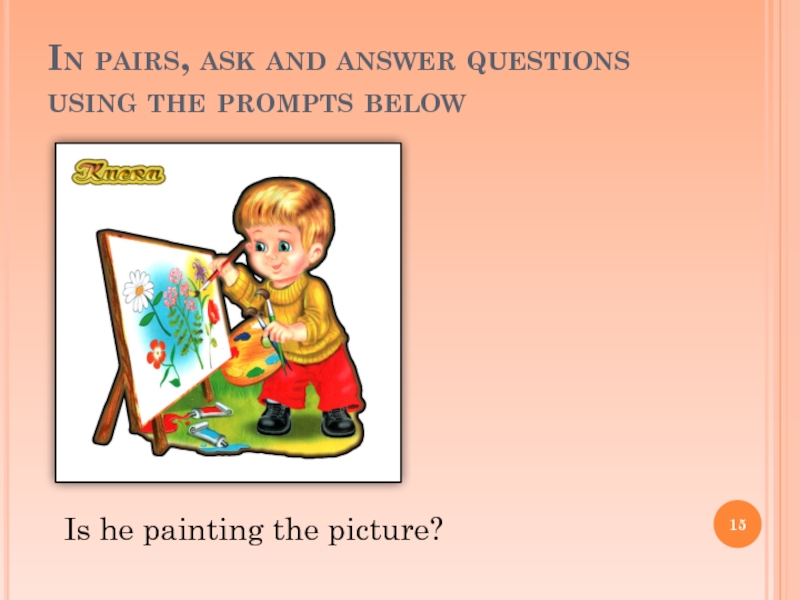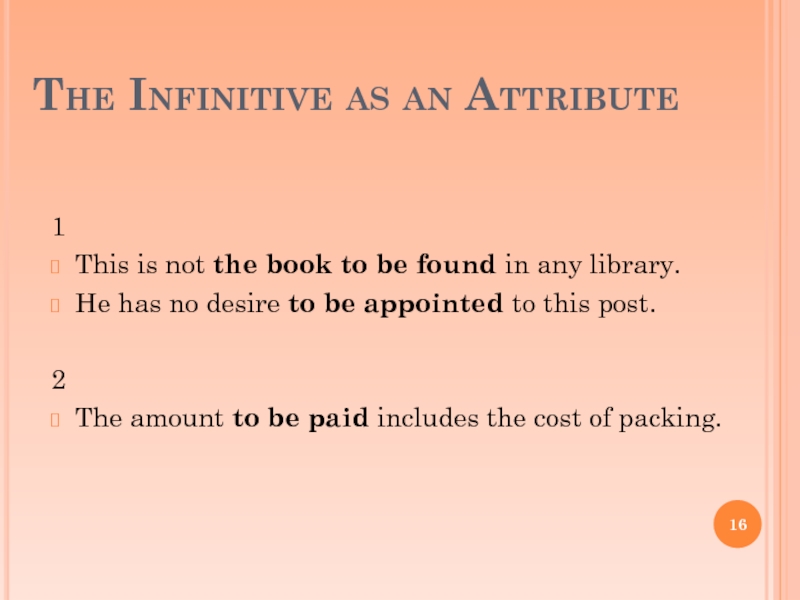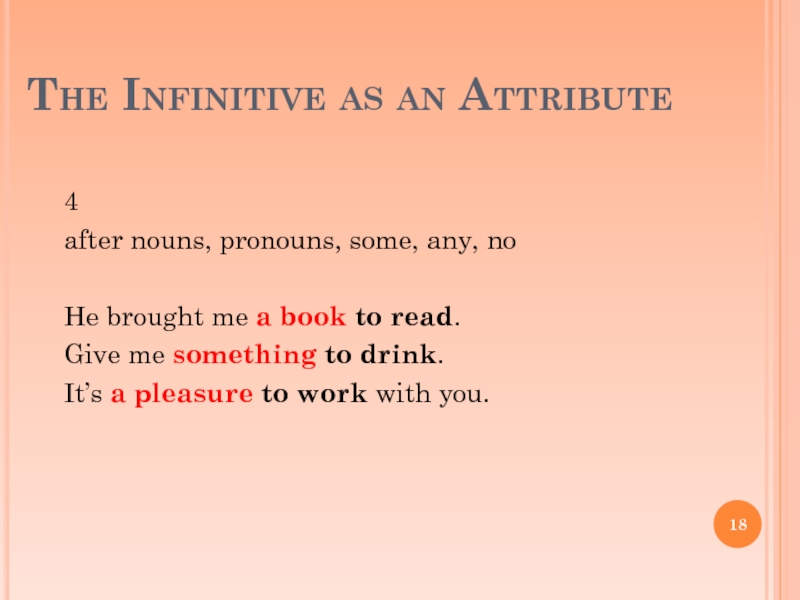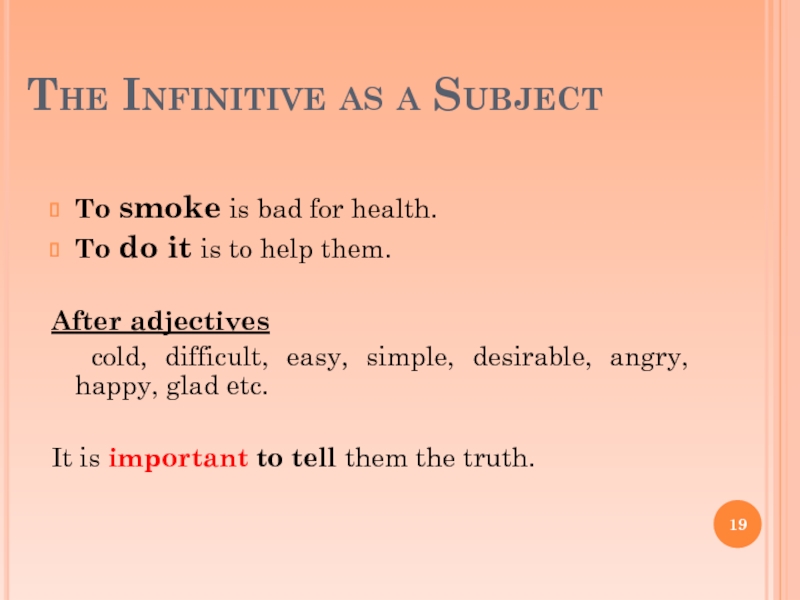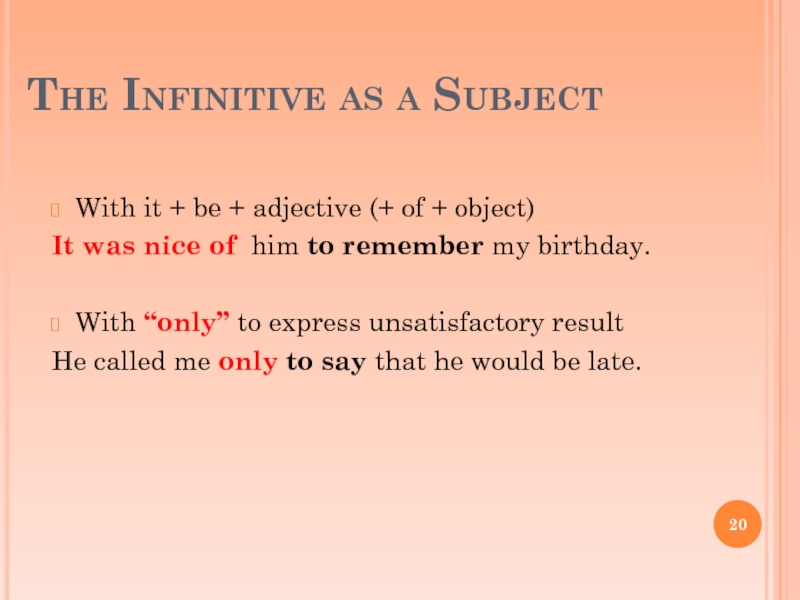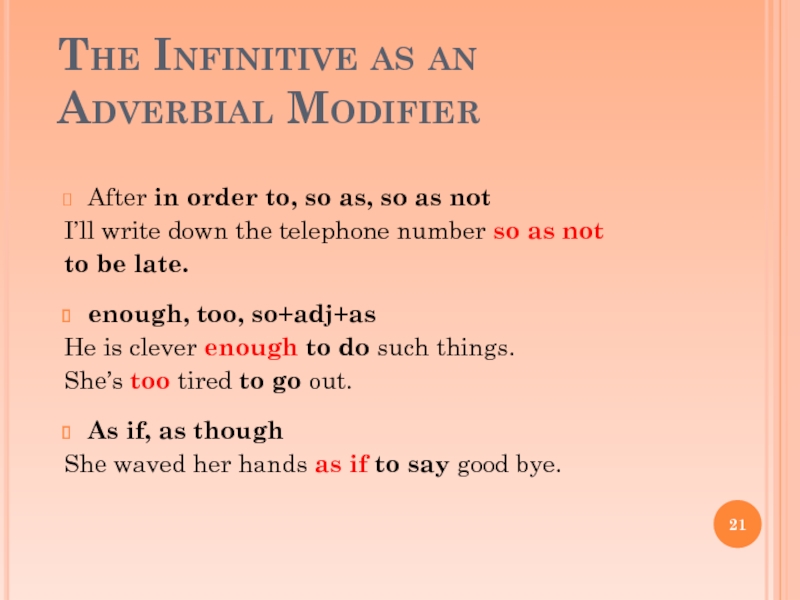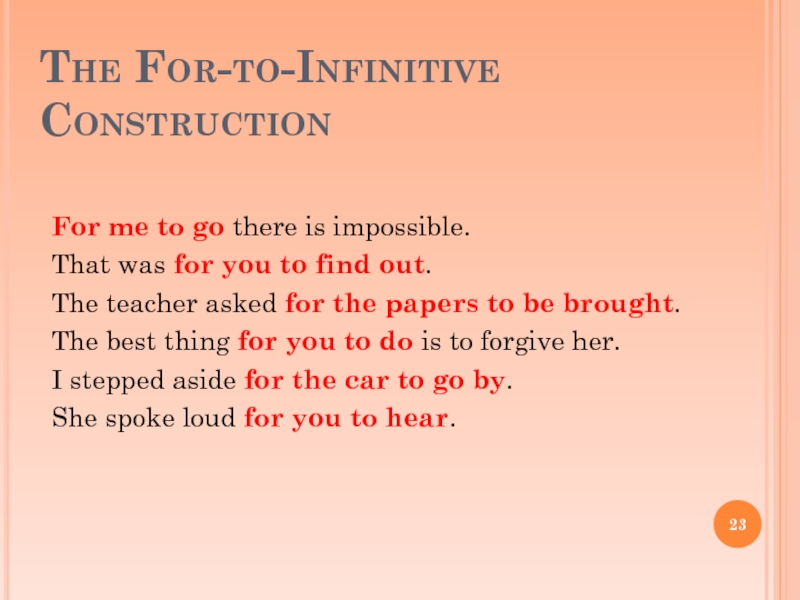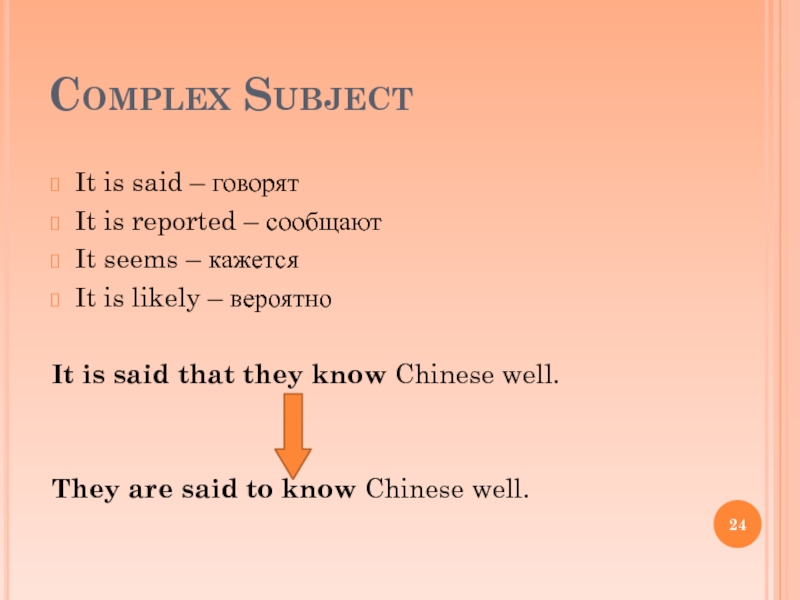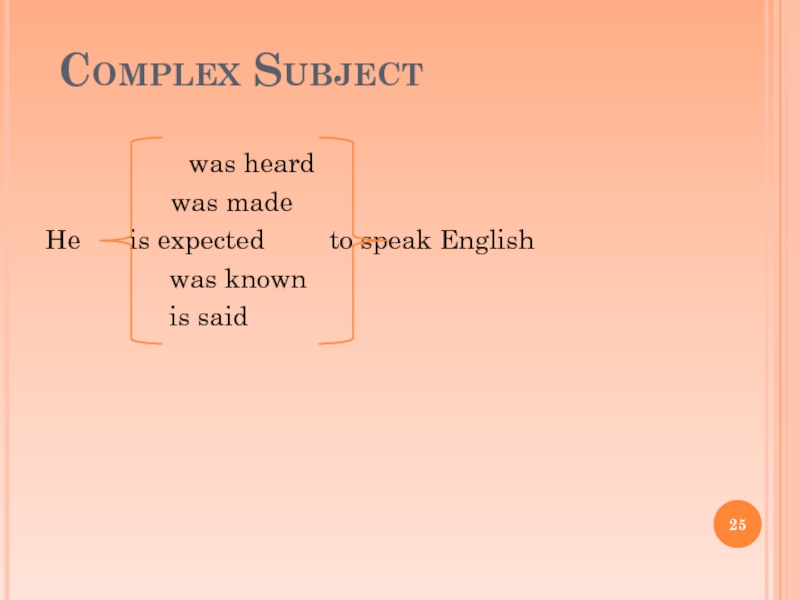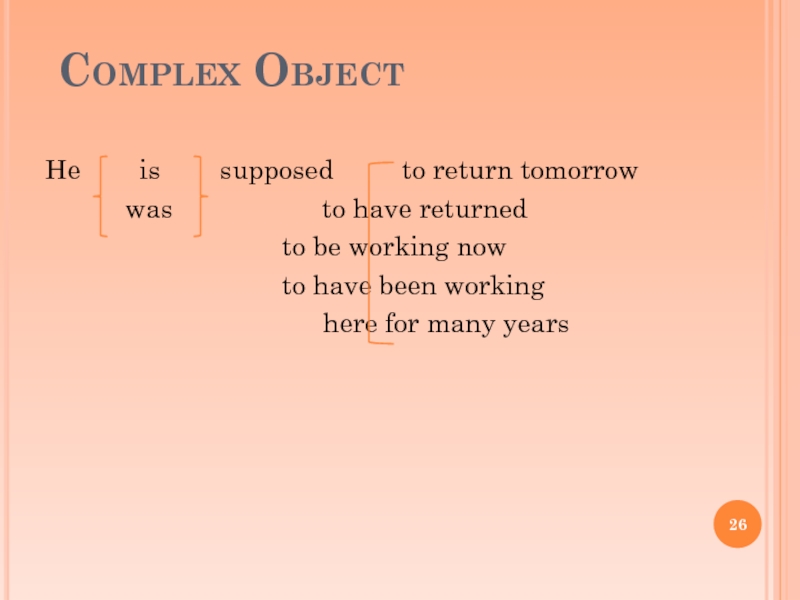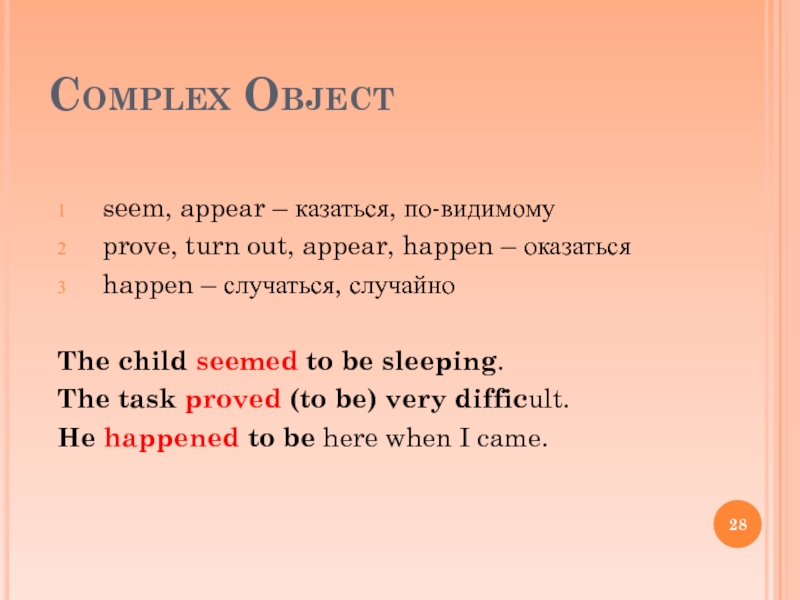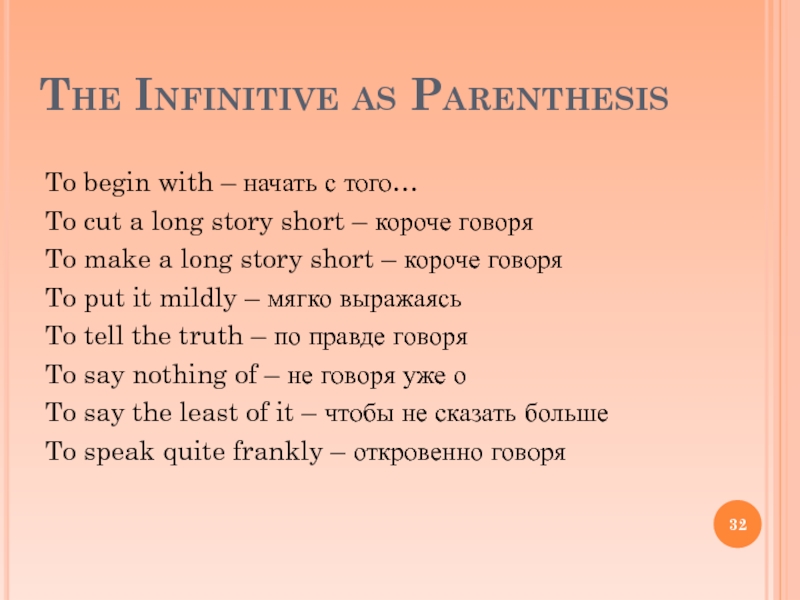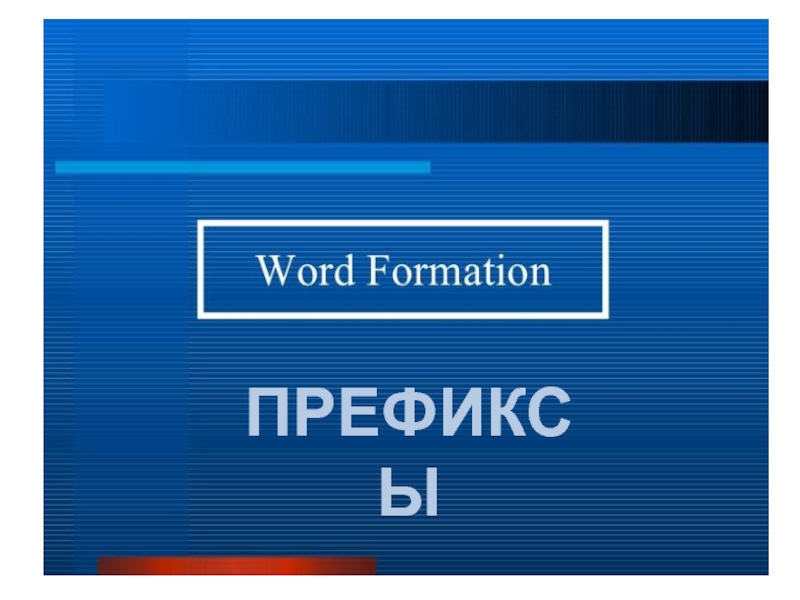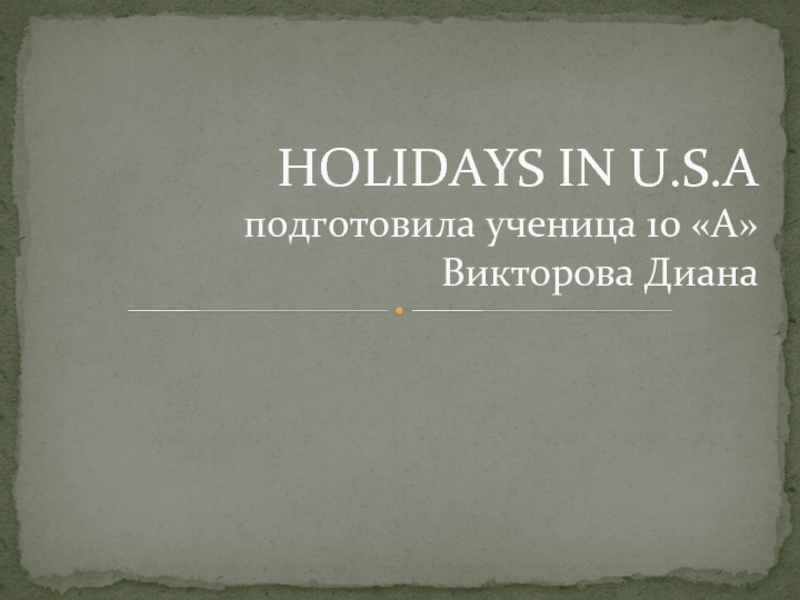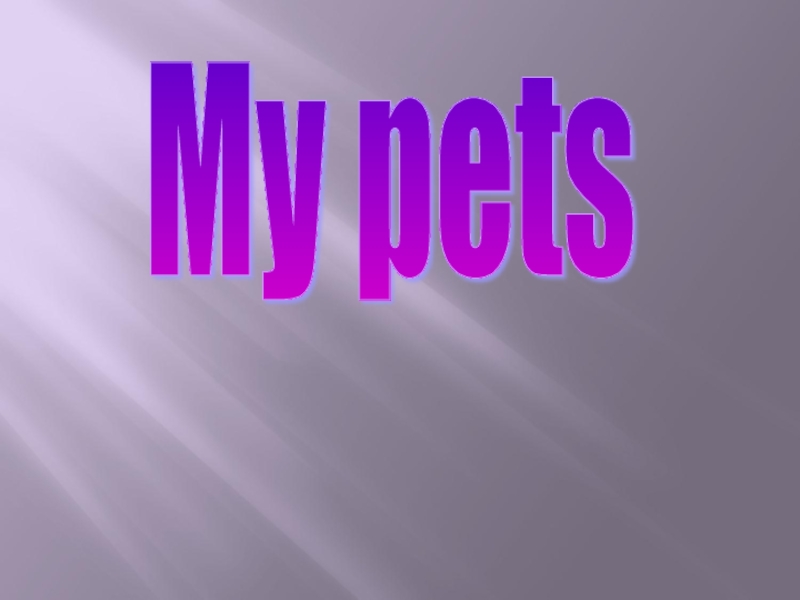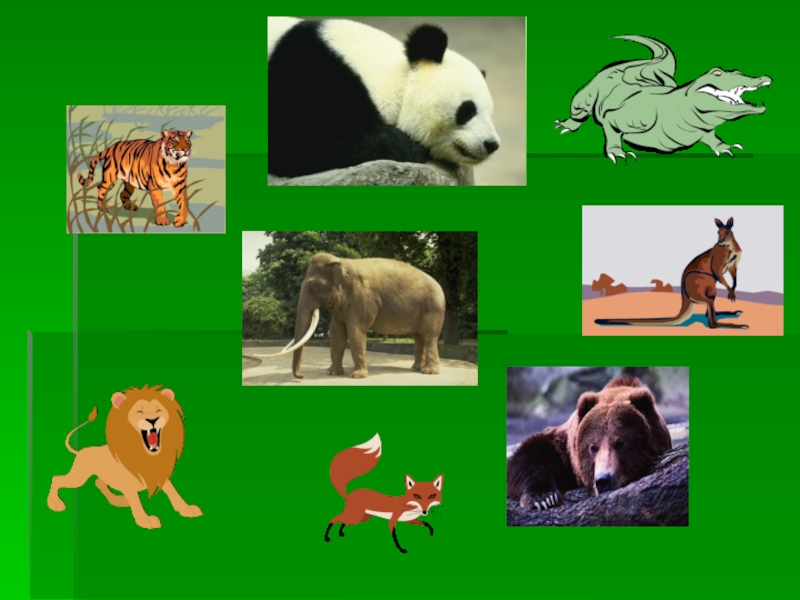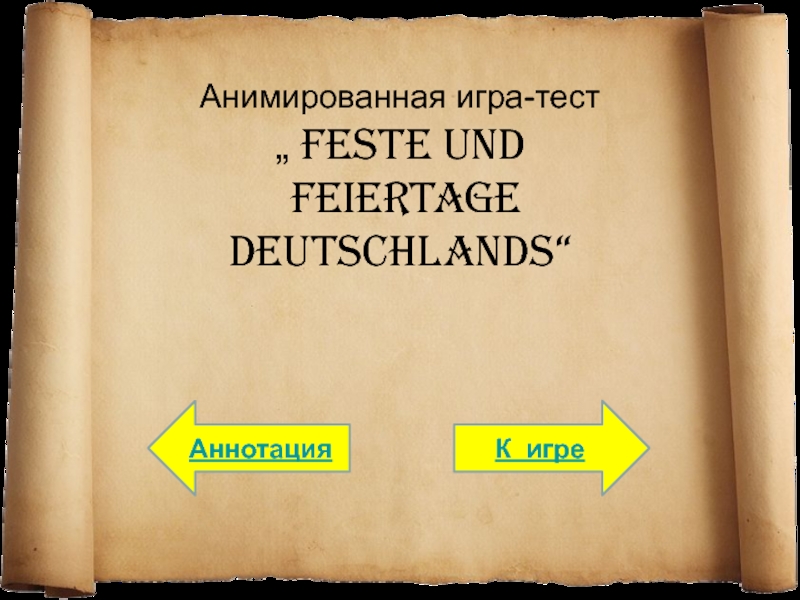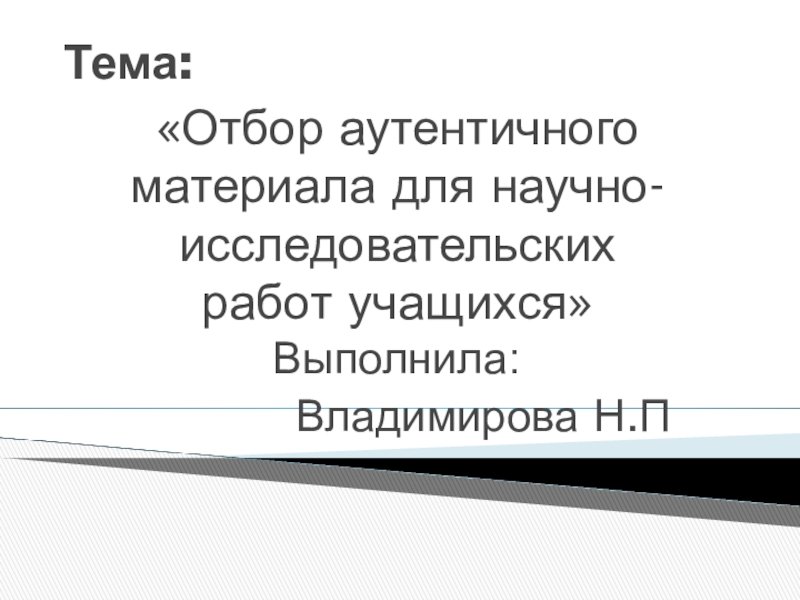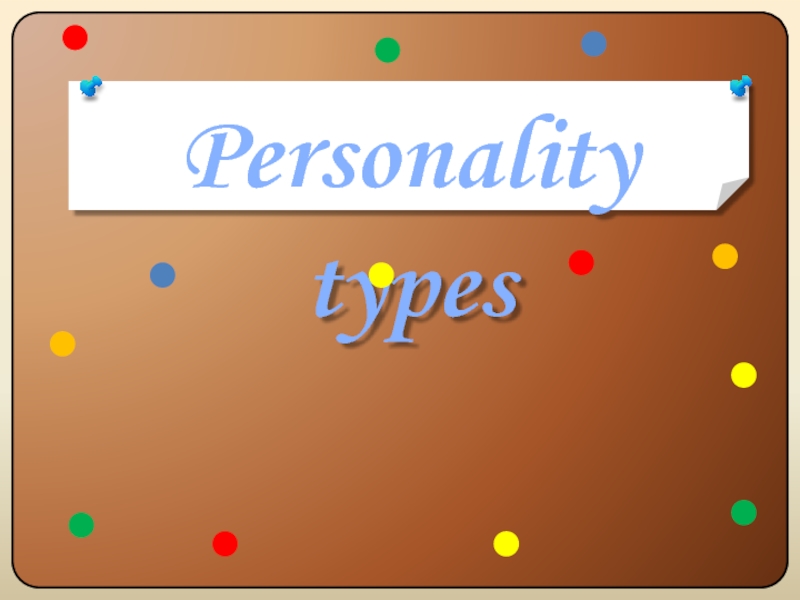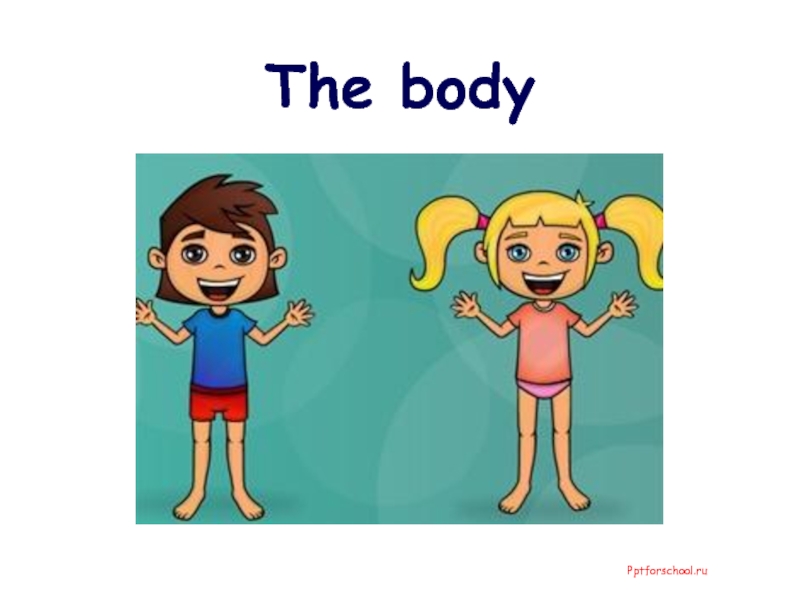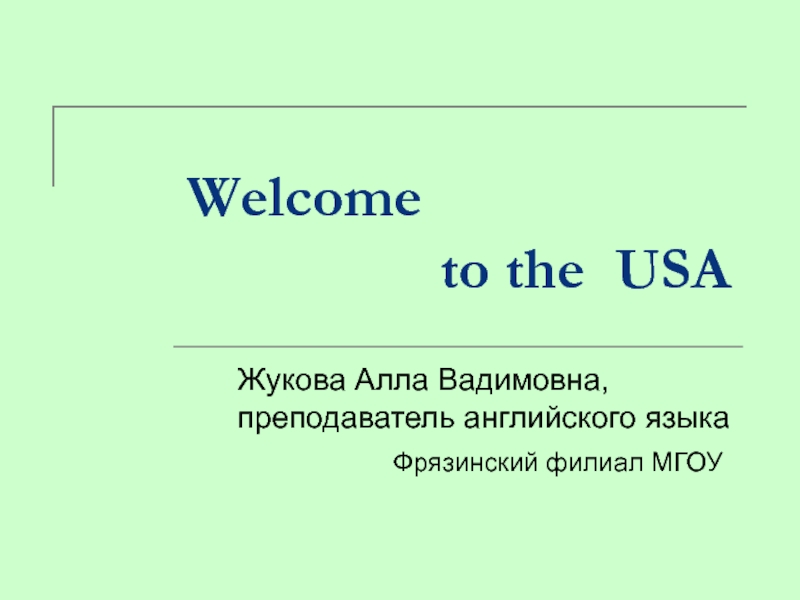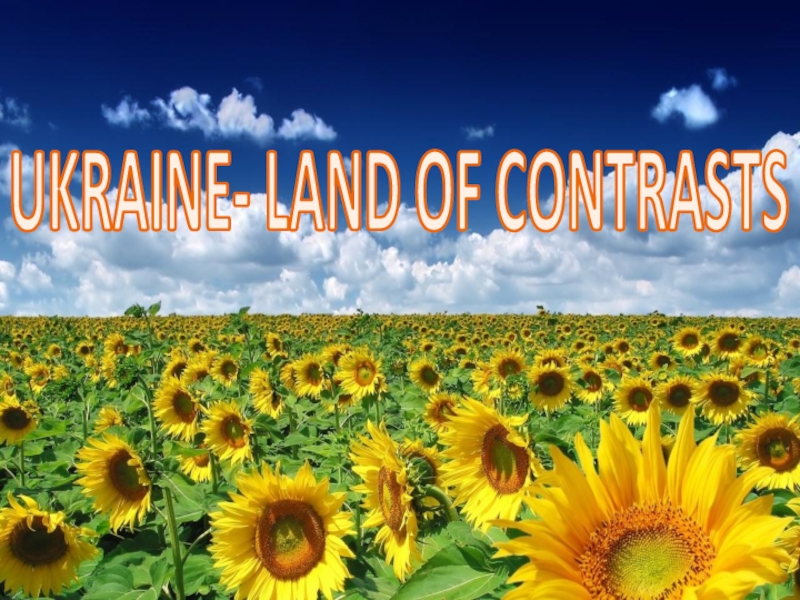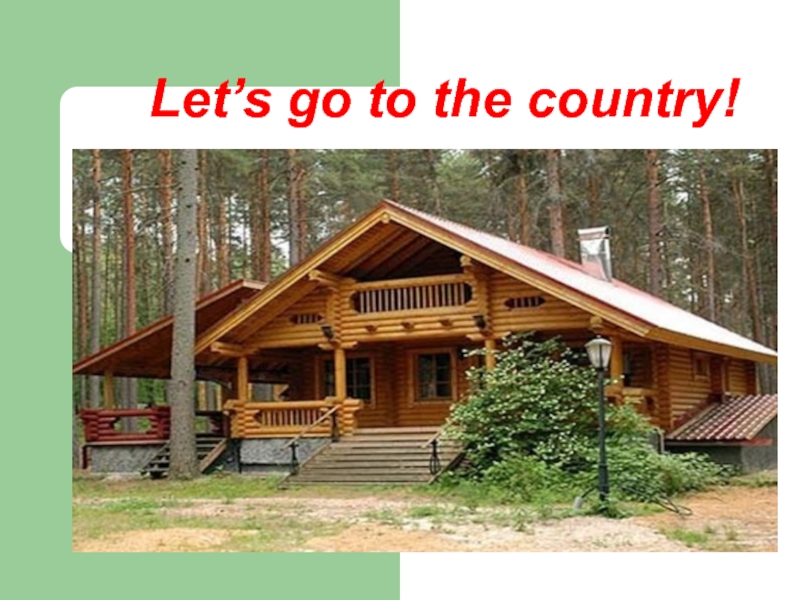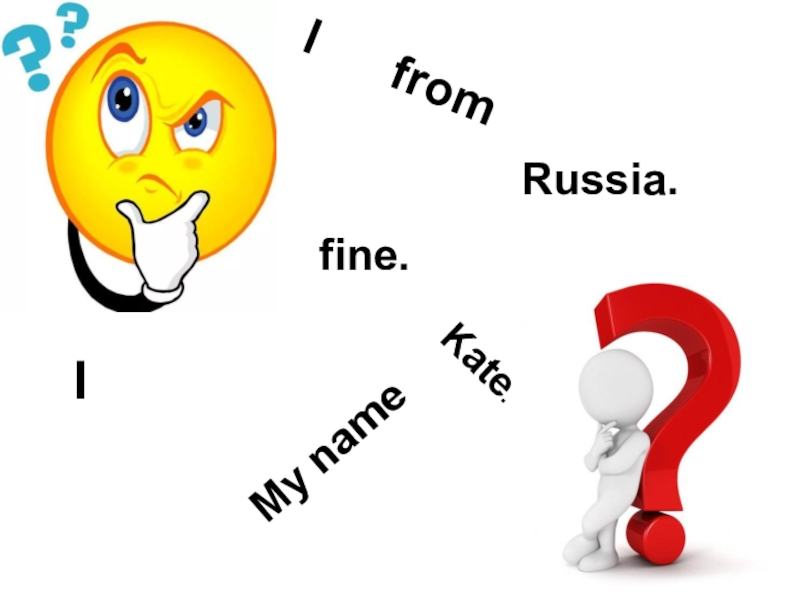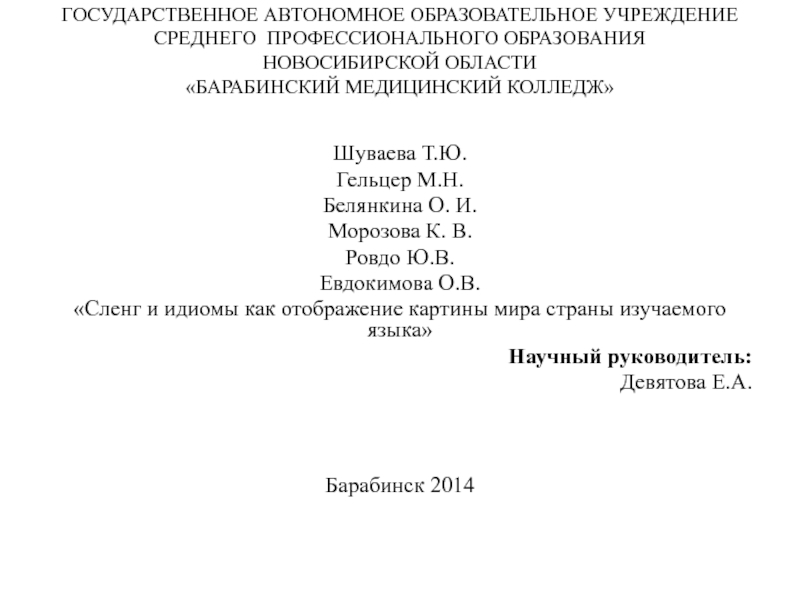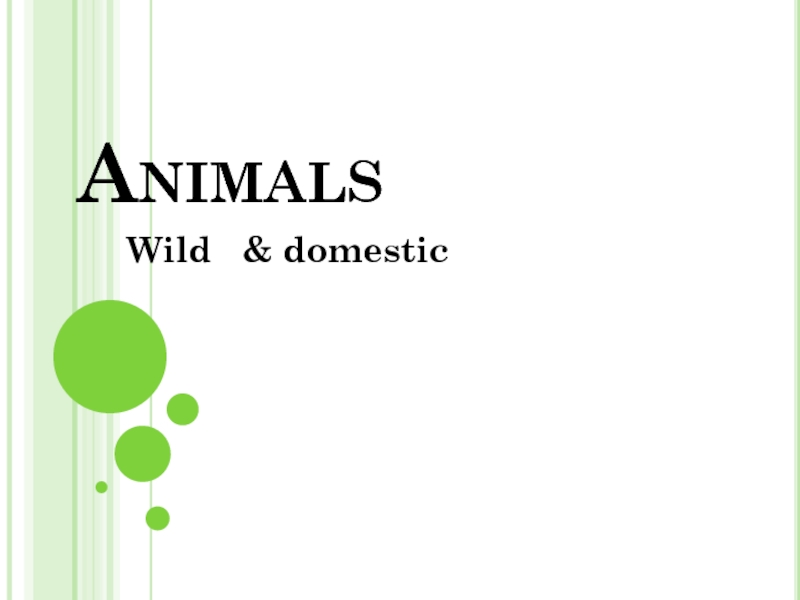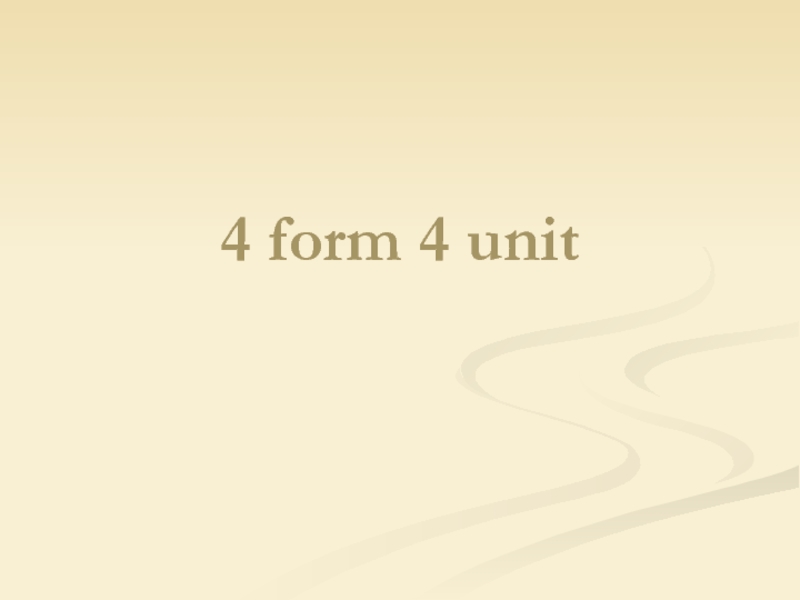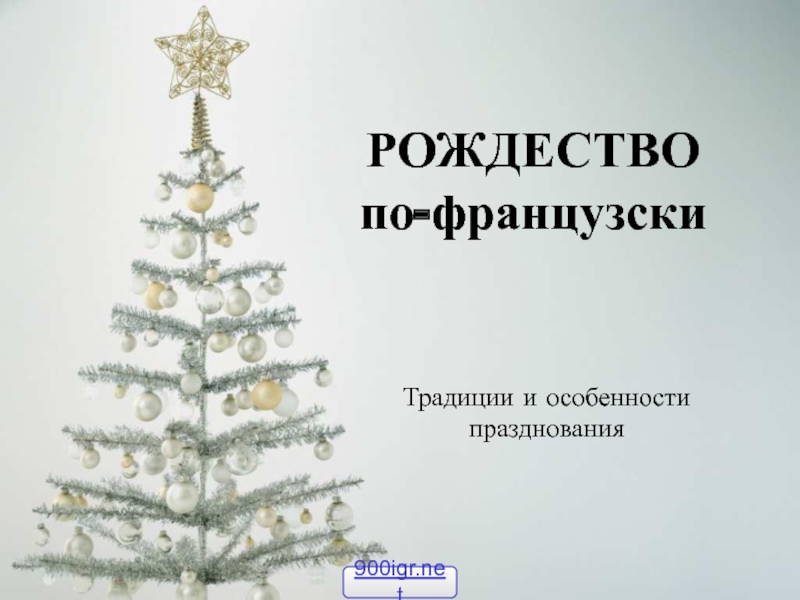Разделы презентаций
- Разное
- Английский язык
- Астрономия
- Алгебра
- Биология
- География
- Геометрия
- Детские презентации
- Информатика
- История
- Литература
- Математика
- Медицина
- Менеджмент
- Музыка
- МХК
- Немецкий язык
- ОБЖ
- Обществознание
- Окружающий мир
- Педагогика
- Русский язык
- Технология
- Физика
- Философия
- Химия
- Шаблоны, картинки для презентаций
- Экология
- Экономика
- Юриспруденция
The Infinitive
Содержание
- 1. The Infinitive
- 2. The InfinitiveПримеры:Спрашивать Быть спрошенным
- 3. The Infinitive Definition a non-finite form of
- 4. Functions of the Infinitive A subject
- 5. Forms - Tense Distinctions
- 6. Simple (Indefinite) Infinitive refers to the present
- 7. Continuous Infinitive describes an action happening nowActive:They must be working now.
- 8. Perfect Infinitive shows that the action of
- 9. Perfect Continuous Infinitive emphases the duration of
- 10. In pairs, ask and answer questions using
- 11. In pairs, ask and answer questions using the prompts belowAre they running?
- 12. In pairs, ask and answer questions using the prompts belowHas he lost his keys?
- 13. In pairs, ask and answer questions using the prompts belowAre they building the house?
- 14. In pairs, ask and answer questions using the prompts belowHas he hurt his knee?
- 15. In pairs, ask and answer questions using the prompts belowIs he painting the picture?
- 16. The Infinitive as an Attribute1This is not
- 17. The Infinitive as an Attribute3The firstThe secondThe thirdThe lastHe was the first to go away.to do
- 18. The Infinitive as an Attribute4 after nouns,
- 19. The Infinitive as a SubjectTo smoke is
- 20. The Infinitive as a SubjectWith it +
- 21. The Infinitive as an Adverbial ModifierAfter in
- 22. As a PredicativeHis great desire is to
- 23. The For-to-Infinitive ConstructionFor me to go there
- 24. Complex SubjectIt is said – говорятIt is
- 25. Complex Subject
- 26. Complex ObjectHe is supposed
- 27. Complex Objectis used in Passive Voice with
- 28. Complex Objectseem, appear – казаться, по-видимомуprove, turn
- 29. Complex ObjectHe is likely (вероятно)
- 30. Complex ObjectHe is unlikely to come.
- 31. Complex ObjectwantaskorderKnow, believe=suppose, expect, find consider, think,
- 32. The Infinitive as ParenthesisTo begin with –
- 33. Memorize the expressions:He is hard to please.
- 34. The Use of the Infinitive without the
- 35. Литература:1. Практическая грамматика английского языка, К.Н.Качалова, Е.Е.
- 36. Скачать презентанцию
The InfinitiveПримеры:Спрашивать Быть спрошенным
Слайды и текст этой презентации
Слайд 3The Infinitive Definition
a non-finite form of the verb
has a
double nature: nominal and verbal
the formal sign of the infinitive
is the particle toСлайд 4
Functions of the Infinitive
A subject
A part of a
predicative
A part of a compound verbal predicate
An object
An attributeAn adverbial modifier
Слайд 6Simple (Indefinite) Infinitive
refers to the present or future
They want to
invite him.
I like to go there.
Passive:
They
want to be invited there.He hopes to be offered a promotion.
Active:
Слайд 8Perfect Infinitive shows that the action of the infinitive happened before
the action of the verb
with verbs:
Seem, appear, believe, know, claim,
expectActive:
Steve seems to have gone to a lot of places.
He claims to have met the Queen.
Passive:
John appears to have been offered a job.
The book seems to have been translated.
Слайд 9Perfect Continuous Infinitive
emphases the duration of the action
Active:
He looks tired.
He seems to have been working all morning.
Слайд 10In pairs, ask and answer questions using the prompts below,
as an example
SA: Have they been sleeping?
SB: No, they seem
not to have been sleeping.Слайд 16The Infinitive as an Attribute
1
This is not the book to
be found in any library.
He has no desire to be
appointed to this post.2
The amount to be paid includes the cost of packing.
Слайд 17The Infinitive as an Attribute
3
The first
The second
The third
The last
He was
the first to go away.
to do
Слайд 18The Infinitive as an Attribute
4
after nouns, pronouns, some, any,
no
He brought me a book to read.
Give me something to
drink.It’s a pleasure to work with you.
Слайд 19The Infinitive as a Subject
To smoke is bad for health.
To
do it is to help them.
After adjectives
cold, difficult, easy, simple,
desirable, angry, happy, glad etc.It is important to tell them the truth.
Слайд 20The Infinitive as a Subject
With it + be + adjective
(+ of + object)
It was nice of him to remember
my birthday.With “only” to express unsatisfactory result
He called me only to say that he would be late.
Слайд 21The Infinitive as an Adverbial Modifier
After in order to, so
as, so as not
I’ll write down the telephone number so
as not to be late.
enough, too, so+adj+as
He is clever enough to do such things.
She’s too tired to go out.
As if, as though
She waved her hands as if to say good bye.
Слайд 22As a Predicative
His great desire is to visit England.
My first
duty is to study well.
The thing to do was to
stay calm.Слайд 23The For-to-Infinitive Construction
For me to go there is impossible.
That was
for you to find out.
The teacher asked for the papers
to be brought.The best thing for you to do is to forgive her.
I stepped aside for the car to go by.
She spoke loud for you to hear.
Слайд 24Complex Subject
It is said – говорят
It is reported – сообщают
It
seems – кажется
It is likely – вероятно
It is said that
they know Chinese well.They are said to know Chinese well.
Слайд 26Complex Object
He is supposed to return
tomorrow
was to have returned
to be working nowto have been working
here for many years
Слайд 27Complex Object
is used in Passive Voice with the verbs:
To see,
to hear, to order, to cause, to allow, to expect,
to know, to suppose, to report, to announce, to believe, to consider, to regardThe book was expected to have been published by the summer of 1999.
Слайд 28Complex Object
seem, appear – казаться, по-видимому
prove, turn out, appear, happen
– оказаться
happen – случаться, случайно
The child seemed to be sleeping.
The
task proved (to be) very difficult.He happened to be here when I came.
Слайд 29Complex Object
He is likely (вероятно)
is unlikely
(маловероятно) to
is sure (конечно) return
is certain (несомненно, наверно)Слайд 31Complex Object
want
ask
order
Know, believe=suppose, expect, find consider,
think, mean
We suppose him
to return home early.
We find your research work (to be)
very interesting.To do
To be done
Слайд 32The Infinitive as Parenthesis
To begin with – начать с того…
To
cut a long story short – короче говоря
To make a
long story short – короче говоряTo put it mildly – мягко выражаясь
To tell the truth – по правде говоря
To say nothing of – не говоря уже о
To say the least of it – чтобы не сказать больше
To speak quite frankly – откровенно говоря
Слайд 33Memorize the expressions:
He is hard to please. - Ему трудно
угодить.
She is pleasant to look at. – У нее привлекательная
внешность.I have something to tell you. - Мне надо вам кое-что сказать.
There is nothing to be done. - Ничего не поделаешь.
The house is to let. – Дом сдается внаем.
Who is to blame? – Кто виноват?
There is nothing left to do but left. – Единственное, что остается – это ждать.
Слайд 34The Use of the Infinitive without the Particle to
After auxiliary
verbs (shall, will, do etc)
After modal verbs (except ought)
After verbs
denoting sense perception: to hear, to see, to feel, to know etcAfter the verb to let
After the verb to make
After the expressions had better, would rather, would sooner, cannot but, nothing but
In sentences beginning with why
Слайд 35Литература:
1. Практическая грамматика английского языка, К.Н.Качалова, Е.Е. Израилевич, Москва, Дело
Лтд-СТРИКС, 1994.
2. English Grammar, Reference and Practice, Т.Ю. Дроздова, А.И.
Берестова, В.Г. Маилова, изд-во Химера, Санк-Петербург, 2000.3. English Grammar, Глагол The Verb, Г.А.Эпштейн, Н.М. Казанская, Санк-Петербург, «КАРО», 2001.
4. http://imm2000.ltd.ua/sport07.htm
5. http://www.spletnik.ru/buzz/chronicle/20450-lou-vs-frost-pobeda-za-dzhudom.html
6. http://smerkis.blog.ru/?year=2009&page=3
7. http://lori.ru/205511
8. http://zhitzdorowo.ru/health-children/174-perelomy-sinyaki-i-rastyazheniya-u-detey.html
9. http://forum.materinstvo.ru/index.php?showtopic=480298&st=33
10. http://ru.123rf.com/photo_830543_young-businessman-is-waiting-in-the-airport-waiting-hal-and-he-checks-the-time-on-his-watch.html
11. http://blog.mansberns.lv/lang/ru/page/5/
12. http://ru.123rf.com/photo_7955158_young-woman-tired-from-work-in-the-internet-and-went-to-sleep.html
